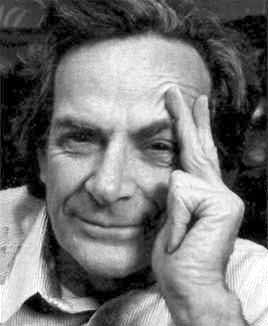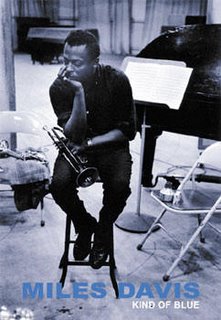
What a strange and bewildering literature has grown up around the term genius — defining it, analysing it, categorizing it and rationalizing it. Critics have contrasted it with such qualities as (mere) talent, intellect, imagination, originality, industriousness, sweep of mind and elegance of style; or have shown how genius is composed of these in various combinations. Psychologists and philosophers,

musicologists and art critics, historians of science and scientists themselves have all stepped into this quagmire, a capacious one. Their several centuries of labour have produced no consensus on any of the necessary questions. Is there such a quality? If so, where does it come from? When otherwise sober scientists speak of the genius as magician, wizard, or superhuman, are they merely indulging in a flight of literary fantasy? And a question that has barely been asked: Why, as the pool of available humans has risen from 100 million to 6 billion, has the production of geniuses—Shakespeares, Newtons, Mozarts, Einsteins—seemingly choked off to nothing, genius itself coming to seem like the property of the past?
Is it only nostalgia that makes genius seem to

belong to the past? Giants did walk the earth—Shakespeare, Newton, Mozart, Da Vinci—and in their shadows the poets, scientists, artists and musicians of today crouch like pygmies. No one will ever create a Macbeth or a Mona Lisa, it seems. Yet the raw materials of genius, whatever combination of native talent and cultural opportunity that might be, can scarcely have disappeared. On a planet of six billion people, parcels of genes with Einsteinian potential must appear from time to time, and presumably

more than ever before. Some of those parcels must be as well nurtured as Einstein’s, in a world richer and better educated than ever before. Are the latter-day Mozarts not being born, or are they all around, bumping shoulders with one another, scrabbling for cultural scrabs, struggling to be newer than the new, their stature inevitably shrinking all the while. “Giants have not ceded to mere mortals”, the evolutionary theorist Stephen Jay Gould wrote in an iconoclastic essay. “Rather, the boundaries…have been restricted and the edges smoothed.”

Geniuses change history. That is part of their mythology, and it is the final test, presumably more reliable than the trail of anecdotes and peer admiration that brilliant scientists leave behind. The power of genius may lie in the ability of one person to accomplish what otherwise may have taken dozens. Or perhaps it lies—especially in this exploding, multifarious, information rich age—in one person’s ability to see his science whole, to assemble, as Newton did, a vast unifying tapestry of knowledge. ‘Genius’ is a word often, if not mostly, misused or misinterpreted. This is perhaps testimony to the fact that the true nature of ‘genius’ remains as elusive as ever.










